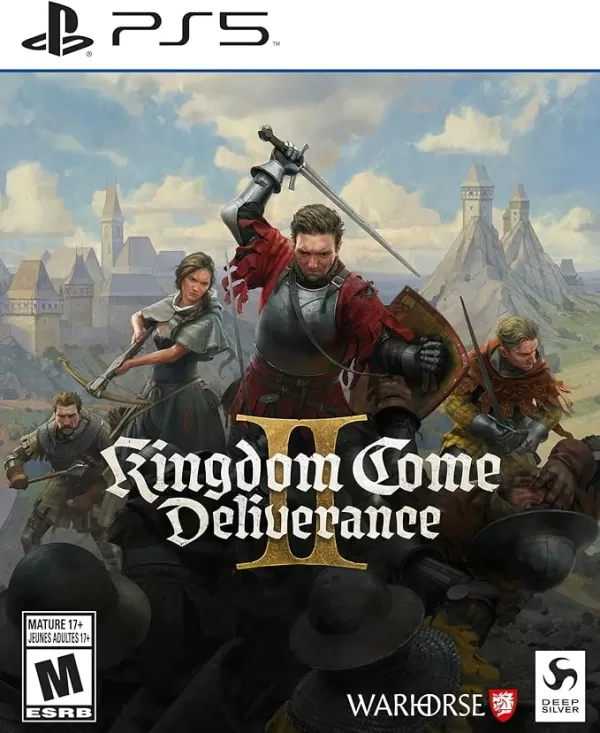EA's Origin app, launched in 2011, aimed to rival Steam as a digital storefront for EA's PC games. The mandatory Origin requirement for *Mass Effect 3* in 2012 highlighted its ambition, yet Origin never truly gained widespread adoption. Its clunky user experience and frustrating login process deterred many PC gamers. Despite this, EA has now replaced Origin with the equally criticized EA app.
This transition comes with significant drawbacks. Players who only own *Titanfall* on Origin, for example, risk losing access unless they actively transfer their accounts. This transition also leaves behind users of 32-bit operating systems, as the EA app only supports 64-bit systems. While Steam also dropped 32-bit support in early 2024, it's highly unlikely that anyone with a relatively modern PC (within the last five years) will be affected. Windows 11 users are definitely safe, as 64-bit support dates back to Windows Vista. A simple RAM check can confirm your system's architecture: 32-bit systems are limited to 4GB of RAM. If you have more than that, you're likely fine. However, if you're running a 32-bit Windows version, a complete system reinstall with a 64-bit OS is necessary.
The discontinuation of 32-bit support raises concerns about digital ownership. Losing access to purchased games due to hardware changes is frustrating. This isn't unique to EA; Steam's similar move leaves some users stranded. The increasing prevalence of invasive DRM solutions like Denuvo, with their deep system access and arbitrary limitations, further exacerbates this issue.
One solution is supporting GOG (Good Old Games), a DRM-free platform. GOG's games are yours to keep, playable on any compatible hardware, forever. While this opens the door to piracy, it hasn't stopped new releases, including the upcoming *Kingdom Come: Deliverance 2*, from joining the platform.









